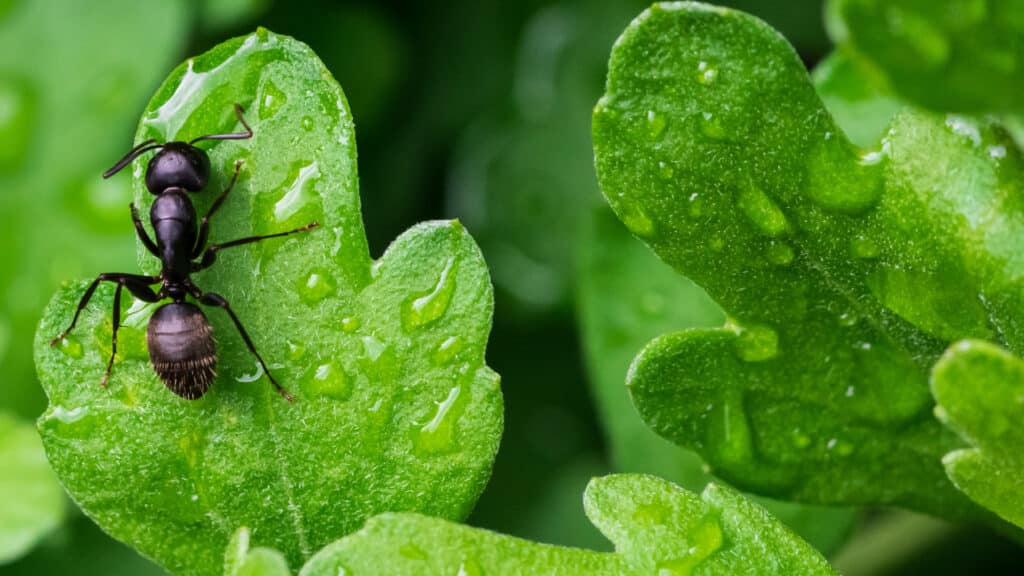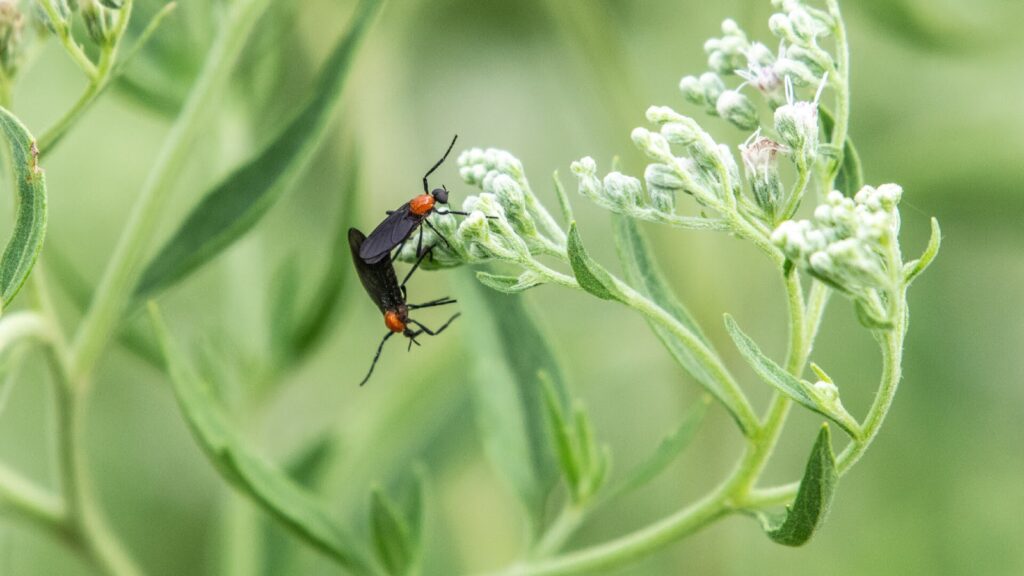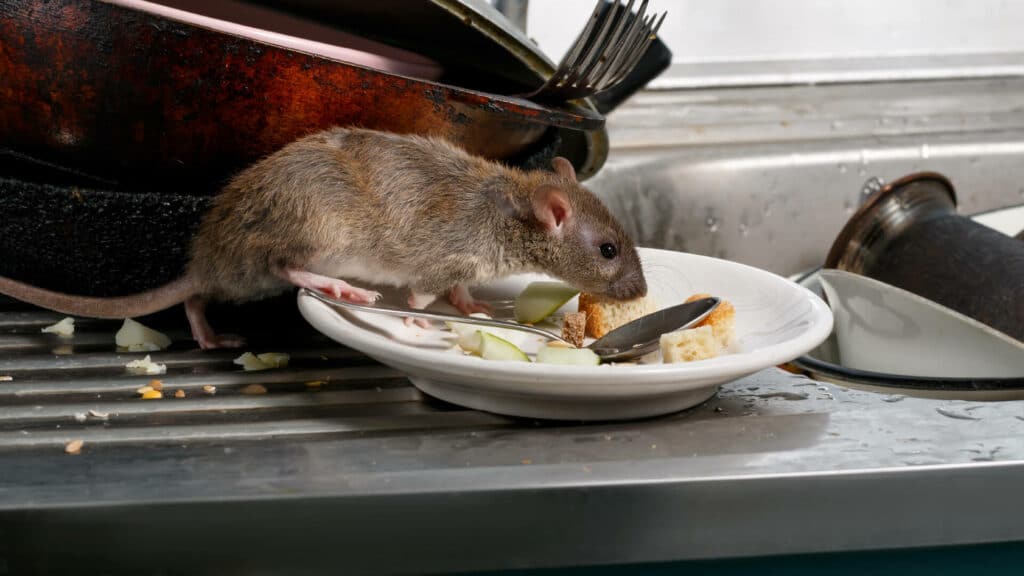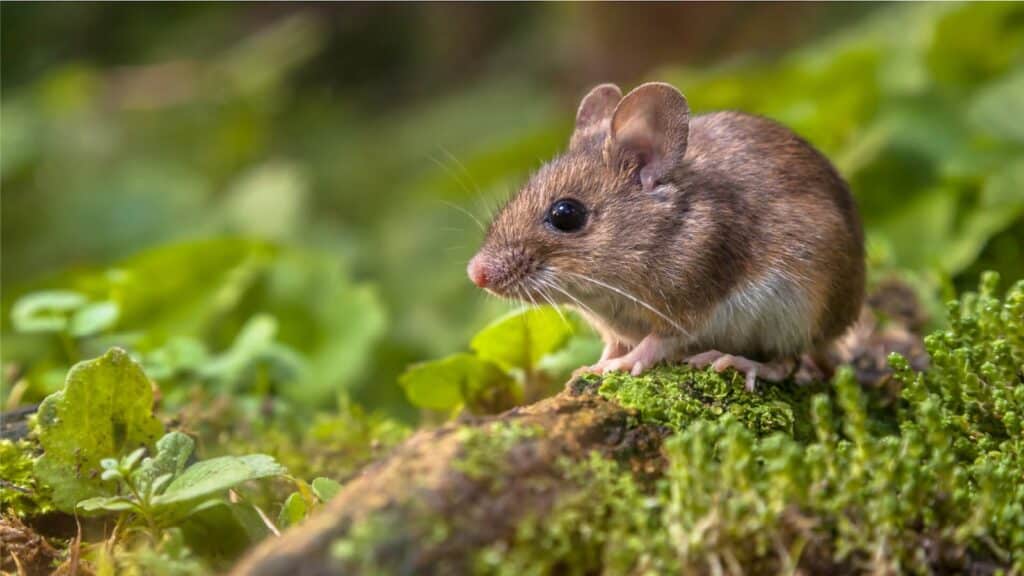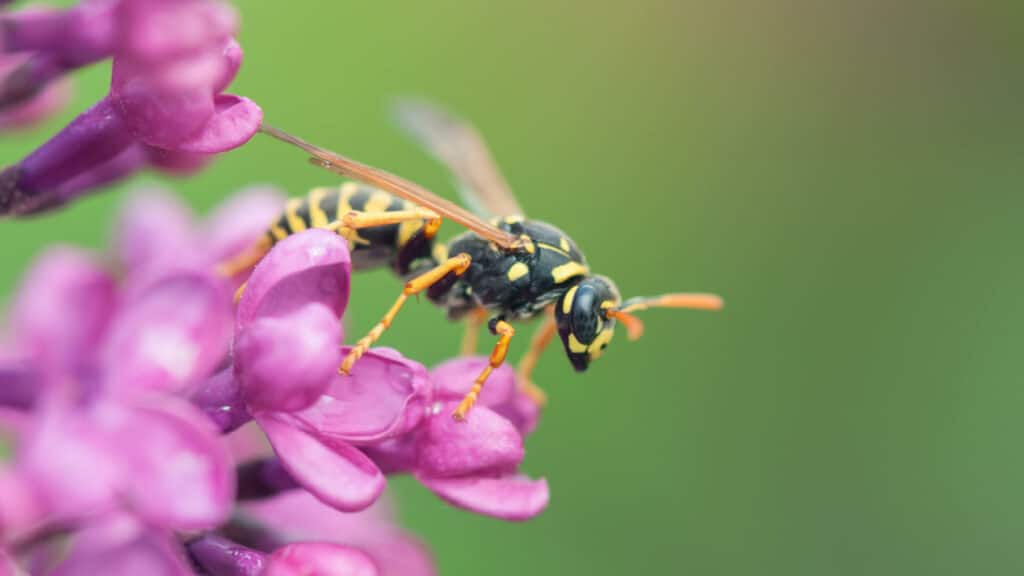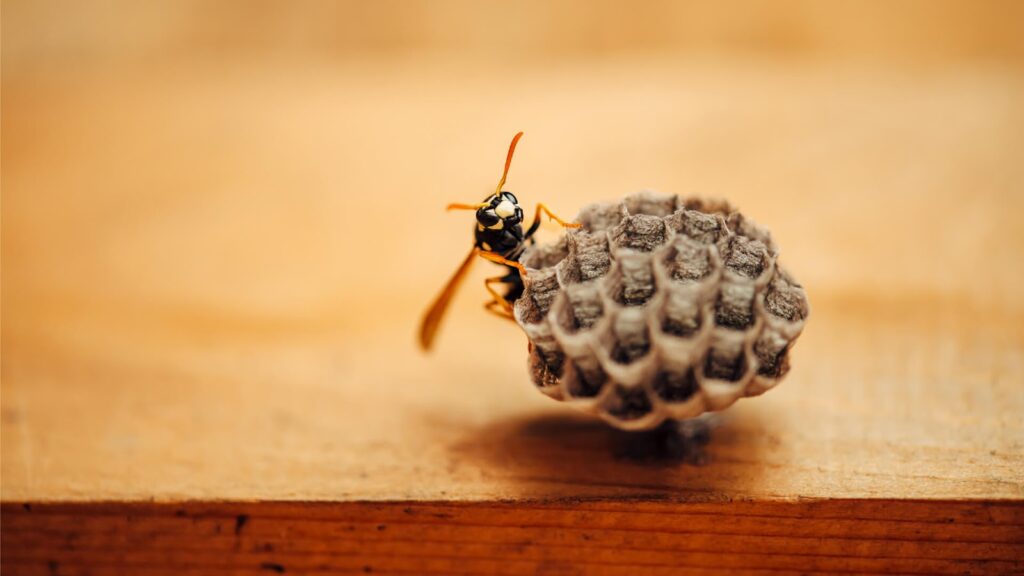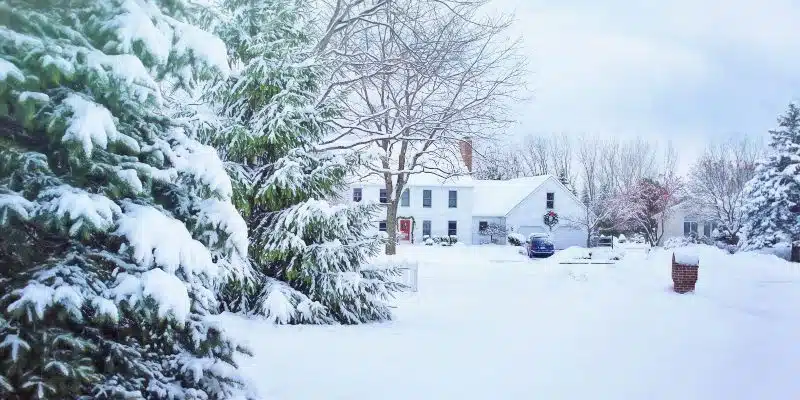One of the most common misconceptions about spiders is that they all spin webs to catch food – many build webs to simply protect their eggs or provide shelter. Still, finding a stray spider web in your home can certainly be a cause for concern. Does the web belong to a simple garden spider or a brown recluse? Spiders are known to help keep annoying house pests at bay, but that doesn’t mean we want them living inside our home.
While most house spiders are harmless, other poisonous types of spiders can just as easily make your house their new home. Spiders like brown recluses, black widows, and hobo spiders can live inside and pose a threat to you, your children, and your pets. Identifying the webs seen in your house can help you protect your family from a poisonous bite. Here’s how to identify the varying types of spider webs you can find in your home.
Types of Spider Webs
No two types of spider webs are alike. Some spiders spin vertical webs in the tallest corner of a room, while others create their webs close to the ground amid piles of clutter. The following are the most common types of spider webs you’ll see around your home.
Spiral Orb Webs
This type of web is probably what you imagine when you think of a typical spider web. These webs are complex and intricately crafted, with dozens of small spokes leading to a spiral in the center. This type of web is often created by spiders in the Araneidae family, which includes garden spiders. Since these spiders often live outdoors and create webs to catch smaller insects, it’s unlikely you’ll find one inside your home.
Tangle Webs
Come Halloween, you may be wanting an excess of tangle webs, also known as cobwebs, in and around your home. Throughout the rest of the year though, these sticky webs are a mess for homeowners. These types of spider webs are often found along walls and high up in corners of your home, as well as in darker areas like the garage, basement, or attic. Tangle webs are created by the Theridiidae family, or house spiders, which includes the dangerous black widow. This is the most likely type of spider web you will find indoors.
Sheet Webs
Sheet webs are constructed of thick layers of silk and rarely have a specific design. These webs can be flat or dome-shaped and are often crafted over bushes and tall grasses, where the spider can hang upside down and wait to catch prey. This web is built by spiders in the Linyphiidae family, which includes the bowl and doily spider, platform spider, and dwarf spider. These spiders are very small in size and can “fly” using silk threads that carry them on the wind.
Triangle Webs
One of the more unique types of spider webs, triangle webs look just like they sound: a flat, triangular shape. While the shape might perplex unsuspecting homeowners, spiders that create triangle webs, most often in the Uloboridae family, are non-poisonous. These webs are fuzzy and often found in and around homes, but their non-venomous bite makes them one of the least harmful spiders found indoors.
Funnel Webs
Hobo spiders and others in the Agelenidae family create funnel webs, which look like large and flat funnels, complete with a “door” at one end of the web. These webs are found low to the ground and in dark, cluttered areas of a home. Damp areas like a garage or basement are susceptible to funnel webs, but they are also likely to be found outdoors in a garden or flower bed. Funnel-web spiders are some of the most venomous in the world, so if you spot a funnel web in or around your home, don’t attempt to take care of it yourself. Call a pest expert at Aptive Environmental to properly remove the dangerous web.
How to Avoid Collecting Webs in Your Home
Committing to a regular cleaning schedule can help you clear out unsightly spider webs before they get too big. Spiders are attracted to smaller house pests like fruit flies, gnats, and moths, so making sure your home is protected from these pests will lessen your chance of attracting large numbers of spiders. You can also prevent dangerous spiders from making webs in your house by keeping storage areas as free of clutter as possible. Attics, basements, and garages can be especially appealing to spiders who weave webs low to the ground. Keep these areas organized and clear of clutter to prevent harmful spiders from reproducing.
Use spider web identification to help you determine if you should simply dust around your home or if it’s time to call an exterminator. Not all spider webs signify a problem, but using this list will help you know if your kids and/or pets could be in danger. Our team at Aptive Environmental is ready to take on any spider infestation. Give us a call today!
